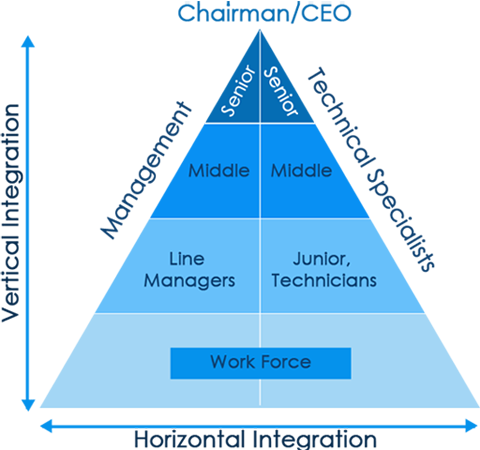CIP works with the client organisation to determine the optimum capacity building programmes for their requirements including:
- The duration
- The level
- The format
Every infrastructure sector in every country differs in its level of practical competence and international experience. Professional training programmes for managers and technical experts must take these differences into account in their design and delivery.
We customise our programmes to create the optimum content, structure and mode of delivery. We do this by:
- Consulting with the leaders and project directors of the client organisation to identify the main needs and challenges, and thus the main objectives of the required programme
- Evaluating what is currently on offer in the country
- Examining relevant best practice globally
- Engaging subject matter and sector specialists to design and deliver programmes
- Evaluating and monitoring the success of a programme, and enhancing or modifying the content as necessary
Programme duration
CIP capacity building programmes include:
- 5-day workshops
- 3-6 month work-based learning programmes
- Postgraduate level sector-specific training programmes
Work-based learning
Action learning, or work-based learning, is at the heart of many successful contemporary professional education programmes. Work-based learning differs from the usual classroom-based model. It integrates material learned in the classroom with the application of this knowledge in a practical, work-based environment.
Learners integrate the new knowledge into their repertoire of practical competence; they retain the knowledge, since they have applied it in a real life situation; and they have an immediate understanding of the relevance of the material they have learned. Work-based learning is at the heart of many of our capacity building programmes.
Professional engineering degrees
It is generally recognised that only around 25% of engineering graduates are competent to be effective in their career on graduation. This statistic holds true across many countries. In the UK, the Engineering Council commissioned the development of an MSc in Professional Engineering to fill this vacuum.
Based on the success of this MSc, a BEng in Professional Engineering has now been developed. These degrees are offered through various UK universities. CIP Director Jonathan Ling was responsible for much of the development and implementation of these two successful cutting-edge degree programmes.
Sector specialists
We engage sector specialists to develop and deliver the curriculum for each sector and specialism. Too often, curriculum development and teaching are taken care of by faculty members who are either not up to date or who do not have sufficient specialist knowledge in the topics they teach. We circumvent this shortcoming by engaging specialists who are at the top of their professions, and who have practitioner career experience.
International focus
We ensure that our programmes have exposure to international best practice through the participation and contributions of our sector specialists and through the content of the programmes we design and deliver.

